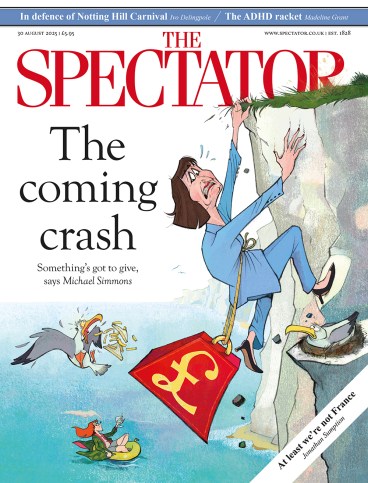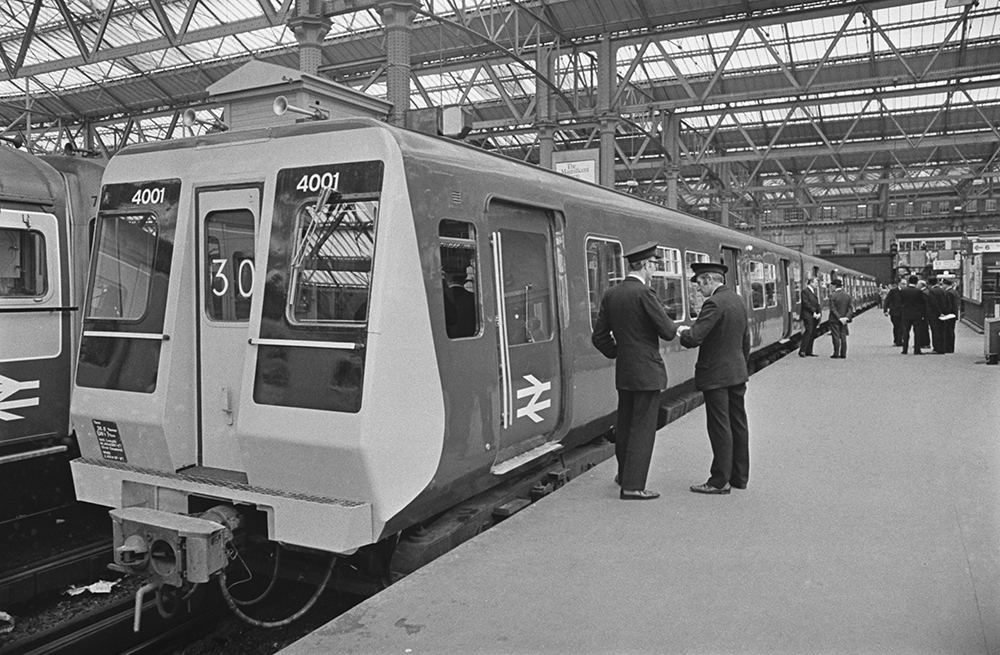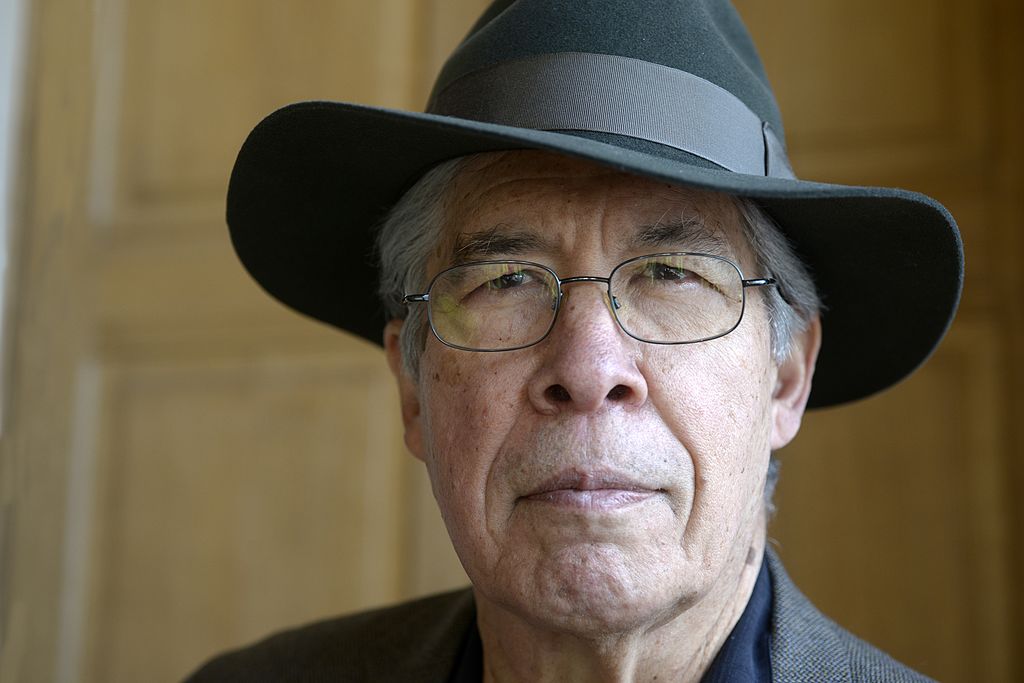
The theme of my holiday reading has been the insidious ways in which the vanities and fetishes of rulers harm the interests of citizens. I started with 1929, Andrew Ross Sorkin’s new history of the Wall Street crash, which I’ll be reviewing elsewhere ahead of its release in October –my point here being not about whether President Herbert Hoover and the US Federal Reserve mismanaged that market cataclysm and its aftermath, but rather the fact that my zero-value, plain-cover ‘uncorrected proof’ copy of the book was held up by French customs for almost three weeks for want of a ‘commercial tax ID number’ on the packaging label.
‘A common post-Brexit headache,’ the publisher shrugs. Likewise, President Donald Trump’s recent flurry of petty protectionism includes the removal of a de minimis exemption which allowed goods worth $800 or less to enter the US without tariffs – prompting Royal Mail and most of Europe’s postal services to suspend transatlantic parcel shipments. Designed to stop US consumers accessing cheap goods from the likes of the Chinese fast fashion retailer Shein, the measure will impede also all manner of small-scale trade and harmless connections. I doubt it will create new jobs in America, but it will destroy plenty of livelihoods and goodwill elsewhere.
British Rail reborn
Next on my reading pile was ‘Rail’s Last Chance’, a Centre for Policy Studies paper by Tony Lodge offering ‘a four-point plan to save the railways’ from whatever Labour and the rail unions are about to do to them. One of Lodge’s key points – and a long-time hobby-horse of this column – is the value added by the unsubsidised ‘open access’ passenger services that are hated by left-wingers, who want the network to be renationalised en bloc and who claim open access merely cannibalises revenues from taxpayer-subsidised franchisees. Lodge has data to show that the three open-access operators on the East Coast mainline (Grand Central, Hull Trains and Lumo) have in fact driven overall traffic growth as well as fare competition and higher standards of passenger satisfaction.
And his killer argument is that EU open-access reforms ‘inspired by the success of the privatised system in the UK’ have (according to a Brussels report) ‘proved to reduce the price and increase the quality and frequency of passenger trains in Austria, Czechia, Italy, France, Spain and Sweden’. But Transport Secretary Heidi Alexander is looking the other way. As I’ve said before, I’d bet on open access being abolished before this government falls, leaving travellers at the mercy of a state-owned monolith called Great British Railways. As Lodge says, rail can be ‘at the centre of Britain’s industrial, employment, housing and regeneration strategies’. But not if blinkered ministers are hellbent on delivering a reincarnation of failed and almost forgotten British Rail.
Inflation untamed
Meanwhile, the fact that the UK has the highest inflation rate in the G7 at 3.8 per cent (led by food price rises at 4.2 per cent) is another insidious threat. Where should blame lie? On lavish public-sector wage settlements and hikes in private-sector employment costs. On high import prices reflecting a weak pound, in turn reflecting low global confidence in UK growth prospects under Labour. And on the Bank of England under Governor Andrew Bailey – who has proved incapable of fulfilling the Bank’s mandate to hold inflation at or close to 2 per cent.
Behind that failure is the revelation that much of the official data on which the Bank relies has turned out to sit somewhere between dubious and hogwash. One way or another, expectations of the current occupants of Downing and Threadneedle Street are so low that their potential to cause further damage to citizens’ interests has slipped a long way down the news agenda behind the hot stuff about asylum hotels and Angela Rayner’s property portfolio. But UK economic management has rarely looked less competent: the media must turn its autumn fire in that direction.
Kevin candidates
Across the pond, Trump continues to attack his own central bank, the Federal Reserve, whose chairman Jerome Powell, due to retire in May next year, I have seen described as ‘effectively toast’ – but who has nevertheless continued to hold his ground. Wrestling with the inflationary impact of tariff wars on one hand and a weakening labour market on the other, Powell has resisted the President’s demand for ultra-low interest rates, though he may make a token cut in September. In return, Trump has sawn the legs off Powell’s chair by naming successor candidates he thinks more likely to toe his line, including former Fed governor Kevin Warsh and White House economist Kevin Hassett. Pursuing that theme, he should probably also name Kevin Costner, who in his Yellowstone role as the Montana ranch king John Dutton secures the abject loyalty of sidekicks by branding them like cattle.
My dodgem strategy
The heat and most of the holidaymakers have gone from the Dordogne, and my neighbour, the biggest businessman in the locality, says: ‘La France est ruinée.’ Who am I to contradict him with my rosé-tinted view of the microeconomy of our little lost valley? But boy, do his compatriots know how to party. Deep in the forest at Besse (pop. 153), a huge throng feasted on spit-roast lamb and pig like victorious warriors in an Asterix cartoon. The previous night at Daglan, after dinner at the ever-reliable Le Petit Paris, my party took to the fairground dodgems – offering a final metaphor from this longer-than-usual summer idyll. Keep the pedal to the metal, roll with the bumps, challenge the opposition head-on. Even as Rachel Reeves’s autumn statement looms, life’s too full of possibilities to be gloomy.








Comments